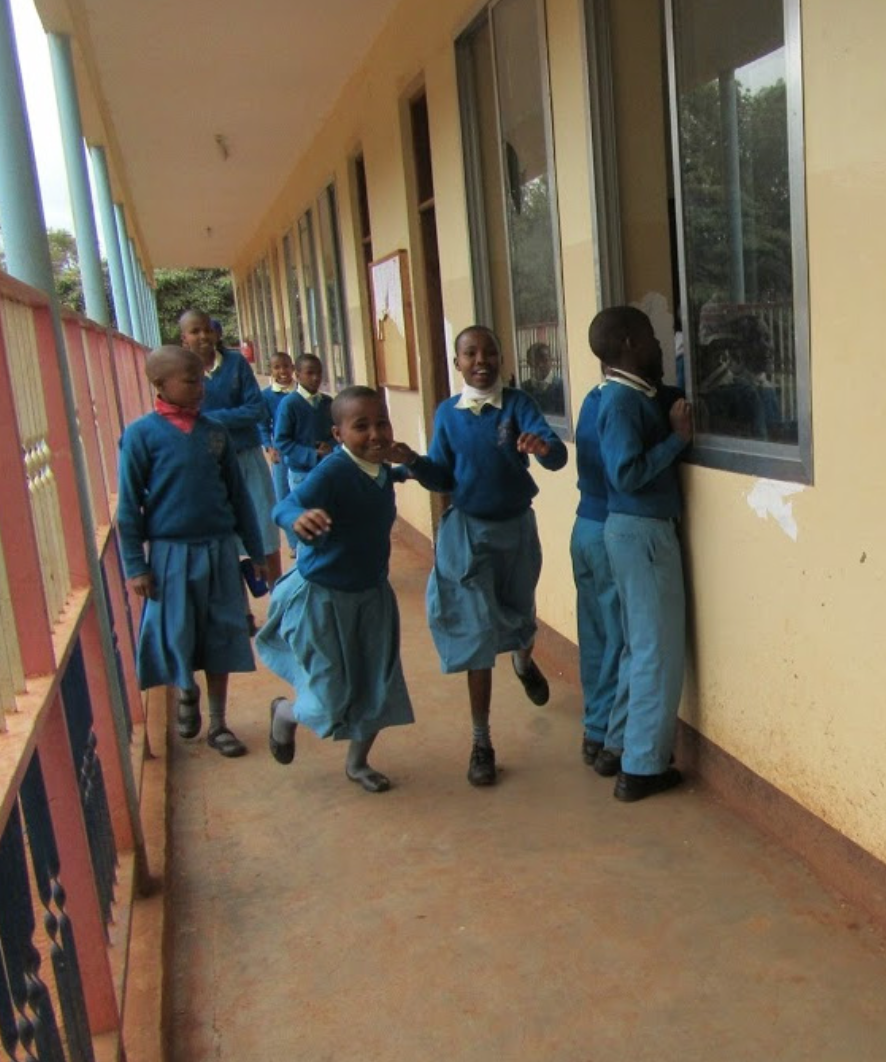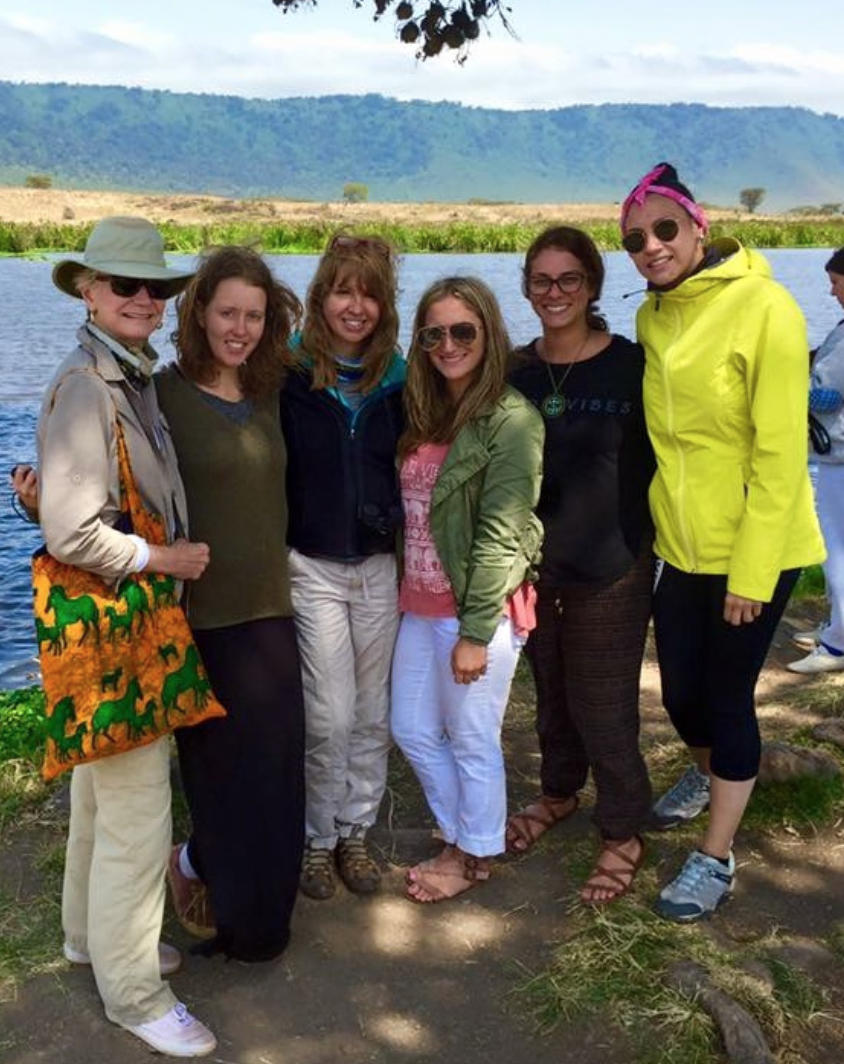By Ludvig Brisby Jeppsson
Staff Writer
For most people, the food situation in developing African countries is a picture on the news of UN employees handing out bags of food to a crowd of starving people. For Dr. Barbra Shorter of the nutrition department, and Allison Herries, graduate student in nutrition, this summer made their picture into a real-life experience.

Students at the Tumani Junior School in the town of Karatu, Tanzania, fooling around during recess
Shorter led a group of students, including Herries, on an excursion to northeast Tanzania. The destination of the trip was Tumani Junior School in the town of Karatu, in the Arusha Region. The goal was to improve the nutrition situation and learn about malnutrition. The group hoped to improve the situation not in classic aid-way, but through knowledge and education.
According to Shorter, it is not only the richness of food in an area that determines the nutrition status but also the level of education and knowledge.
Data from UNICEF shows that child underweight is at the “unacceptable level” of 16 percent in Tanzania, even though many regions have high food production, which emphasizes Shorter’s thought. Therefore, the group spent time sharing their knowledge about nutrition by educating the 900 students and staff at the school.
“We also examined the school’s meal plan to determine if the elementary school aged children had any gaps in their diets,” Herries said. Although the group was able to give some advice, like adding soy flour to foods to boost consumption of proteins, Herries explained that there are many factors to consider when trying to find a solution. Apart from nutrition, the maintenance of integrity of traditional foods, culture and the economics all have to be taken into account.

Dr. Barbara Shorter and her crew of students from the nutrition department
The data that was gathered over the summer is now being analysed and recommendations about an improved meal plan will be sent to the school, according to Shorter.
Other than volunteering at the school, the group was able to spend spare time experiencing the local environment and culture. There were chances to go on safari and to visit Kilimanjaro, but according to Herries, the best thing about the trip was meeting all the people from Tanzania. “Everyone was very warm and welcoming and wanted to get to know you. There were all happy to share their culture and their language.”
Back in a country where too little food is not the major health problem, Shorter is already planning the next trip. During the summer of 2017, a new group will be given the chance to go to Tanzania, this time as a faculty-led study abroad class. This will enable the participants to receive credits for the work. Applications will be accepted in the begin- ning of 2017.
Shorter admits that the cost can be an issue, but hopes that admissions would lower the tuition fee. Herries agrees, “Traveling is something all students should experience as part of their college education and it shouldn’t be reserved for only those who can afford it.”
She, nonetheless, encourages students to apply. “It will be a once in a lifetime experience that they won’t regret. There is so much that you can learn from traveling that can’t be taught in a classroom setting.”




Be First to Comment